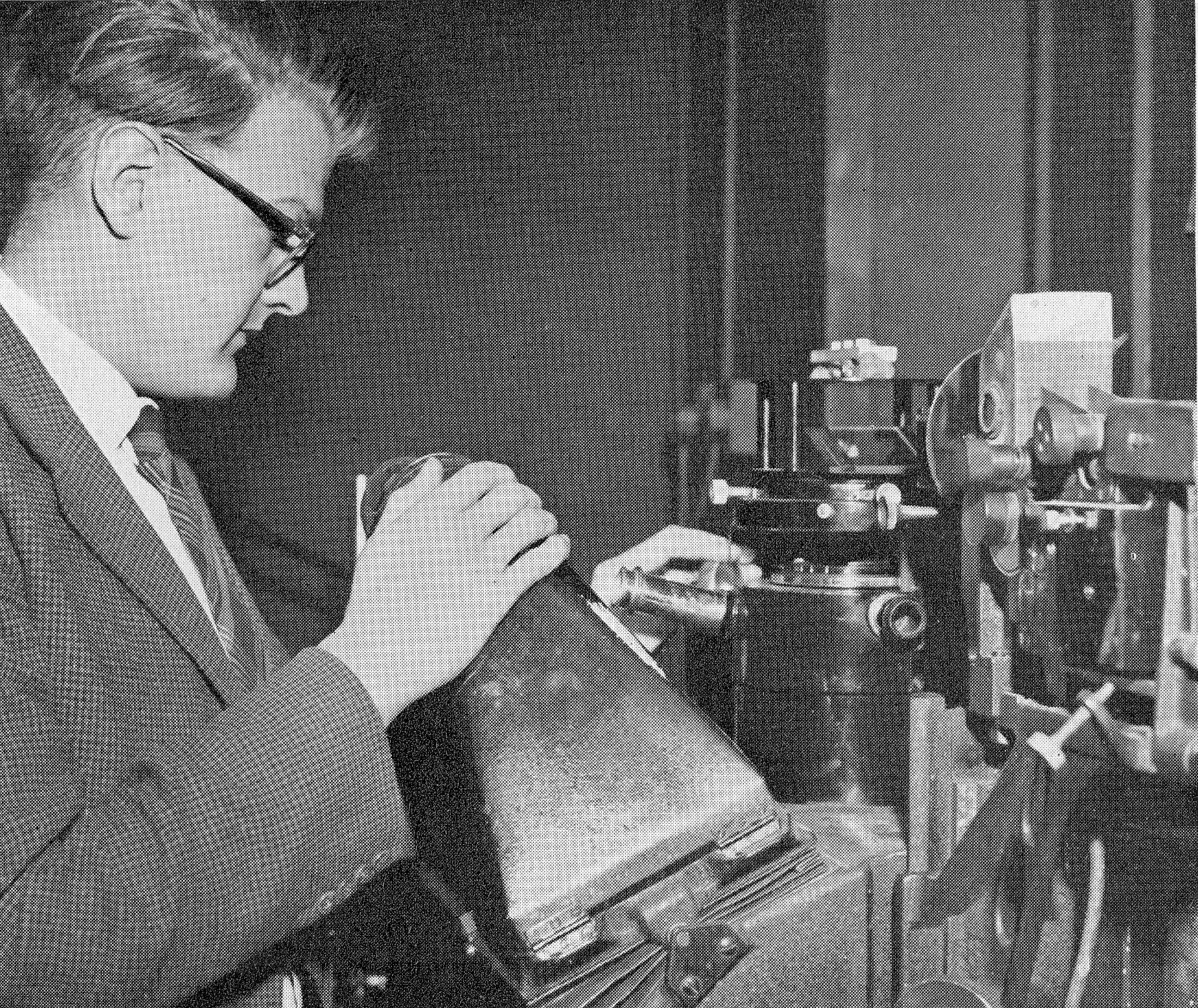What qualifications did you take at school?
8 O levels and 4 A levels
Why did you choose your first degree subject?
Metallurgy for three reasons. I liked chemistry. A government report stated, wrongly, that there was an impending shortage of metallurgists. I thought, wrongly, that I didn’t have the mathematical ability to read engineering.
Do you have a Masters or PhD? If not, was it difficult to demonstrate Masters-level equivalence in order to achieve CSci?
